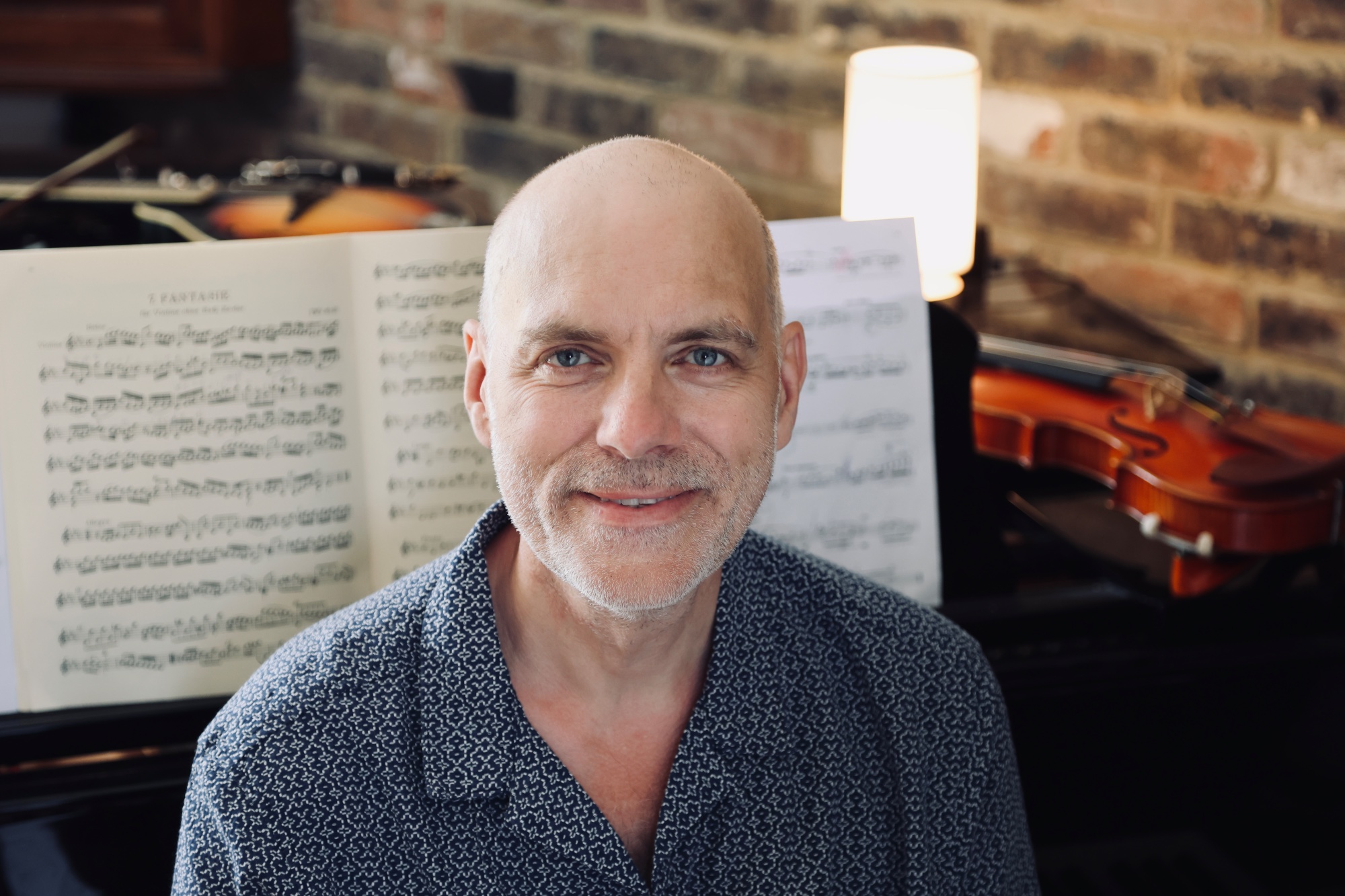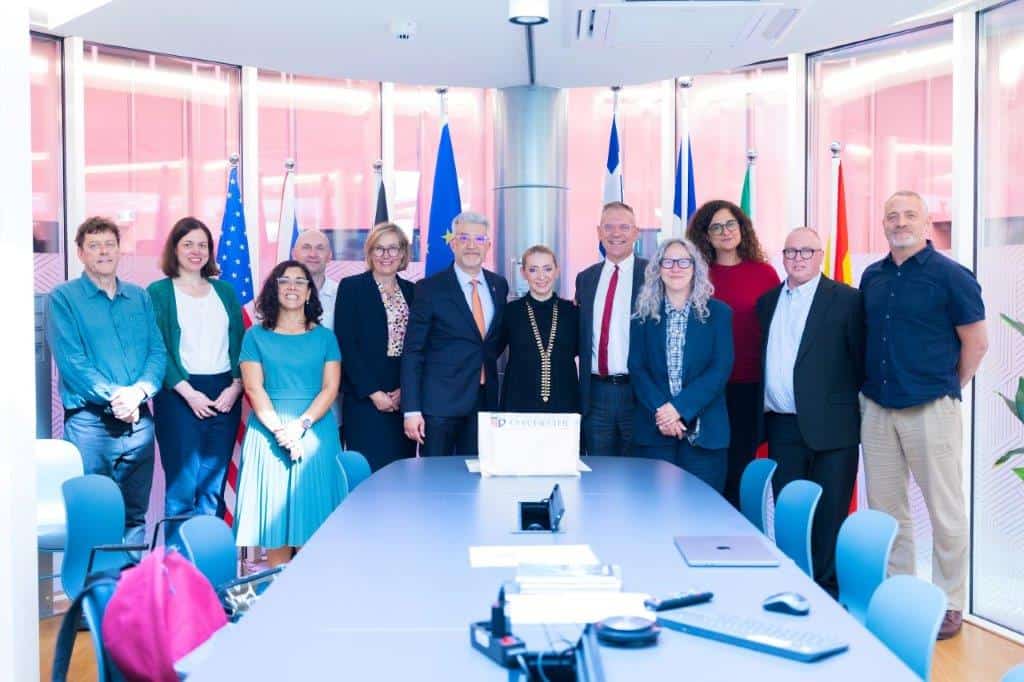Olympic hero Saskia Clark reflects on a golden career which started at Chichester
Olympic champions need passion and resilience in equal measure to succeed.
Long before she graduated from the University of Chichester in 2001, Saskia Clark had shown a talent for sailing that had already been noted by coaches at national level. It was developing a sense of independence and learning how to juggle two lives, academic and sporting, that made Clark’s time at the University vital to her sporting career, which reached fulfilment when she and Hannah Mills won gold in the women’s 470 class at the 2016 Olympics in Brazil.
Clark studied Sports Science at Chichester and took a year out of the three-year course to pursue her dreams of becoming an Olympian with the firm support of the academic staff. In the end, she failed to qualify for the Sydney Games in 2000, but returned to Chichester determined to win selection for the next Games in Athens.
Having her final-year studies to occupy her mind was important at the time and, looking back now, important in bringing a sense of perspective to the increasingly pressurised world of Olympic sport. Anxious to step out of the shadow of her two older sisters, Clark found at Chichester that she could balance work and play and be pretty good at both.
“I only applied to go to University literally at the last moment,” she says. “I’d been to Chichester for a couple of fitness tests with sailing and so it was the only University I knew. It was my one and only choice and it turned out to be the perfect place for me.
“It was one of the smaller universities so I didn’t feel totally anonymous and it had a really nice environment. It wasn’t pretentious, but had amazing lecturers and was a world leader in Sports Science. I could spread my wings and develop as a person.”
On her first day at university, Clark was surprised to be given accommodation on the Bognor Regis campus, a 35-minute bus ride away from Chichester where her course was based. “A load of us applied to be reallocated to Chichester but a after a few weeks we all took ourselves off the transfer list because we were having such a good time in Bognor,” she says.
Friendships, formed and strengthened on the bus journeys back and forth, have lasted long after graduation day. “We had a reunion quite recently and try to meet up two or three times a year,” Clark says. Among the class of 2001 are sports teachers, a police officer, a University lecturer, personal trainers and two members of the production team for Sky Sports cricket.
Clark’s own journey to Olympic glory was far from plain sailing, a test of resilience, tenacity and character as much as talent. It wasn’t until she paired up with Hannah Mills in a feisty combination of youth and experience that Clark became a consistent medal contender, silver in London 2012 turning into a dominant gold in Rio four years later.
Clark retired after the Rio Games, her third Olympics, at the age of 37 and though her mind occasionally runs wild the body says an emphatic ‘no’ to any contemplation of a return for Tokyo 2020. She is now involved in a number of sailing projects, including working with the Royal Yachting Association to develop young talent.
“To get to the top you need to have your eyes focussed on your sport now,” she says. “If you find a University who’ll support your sport, you can enjoy the best of both worlds. It’s a hard balance but somehow you have to learn to think outside the box, not just tick the box.”
Rio Olympic gold medallist Saskia Clark graduated in Sports Science at the University of Chichester in 2001. Read more about her story at www.teamgb.com/athletes/saskia-clark.





